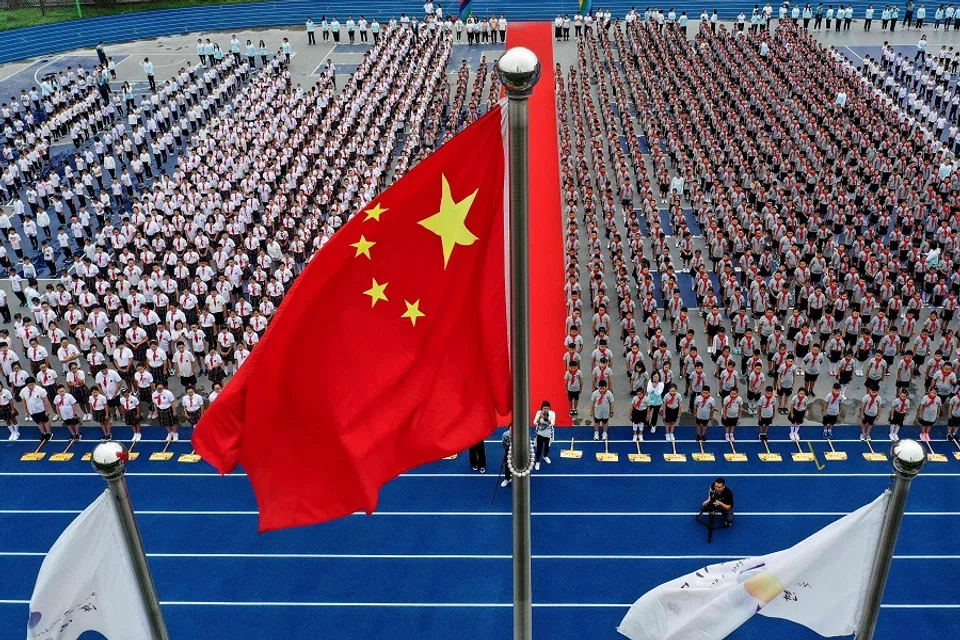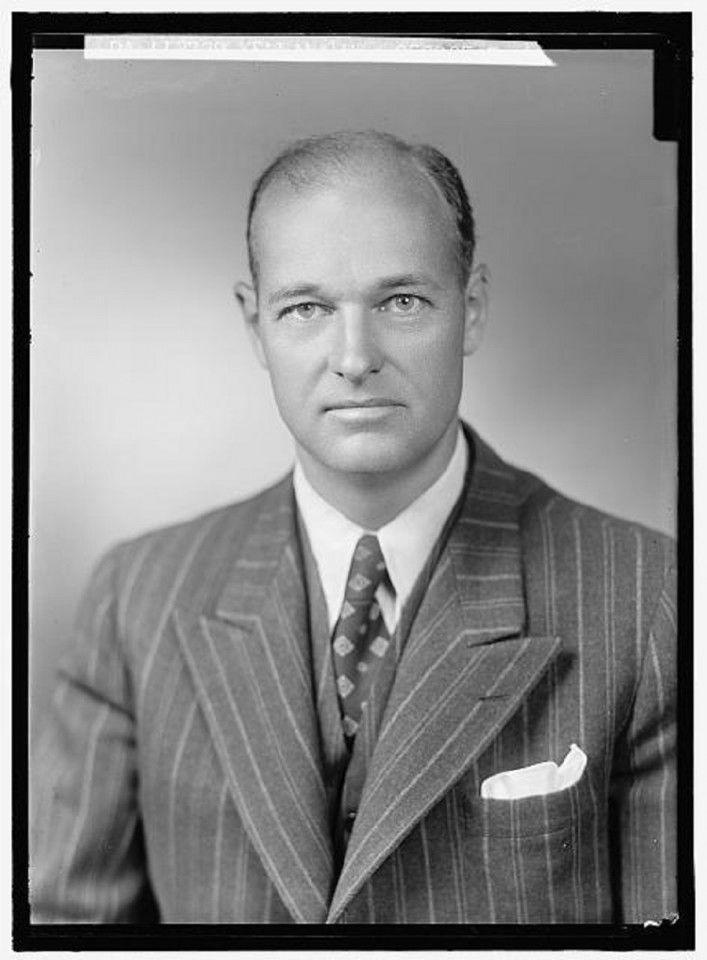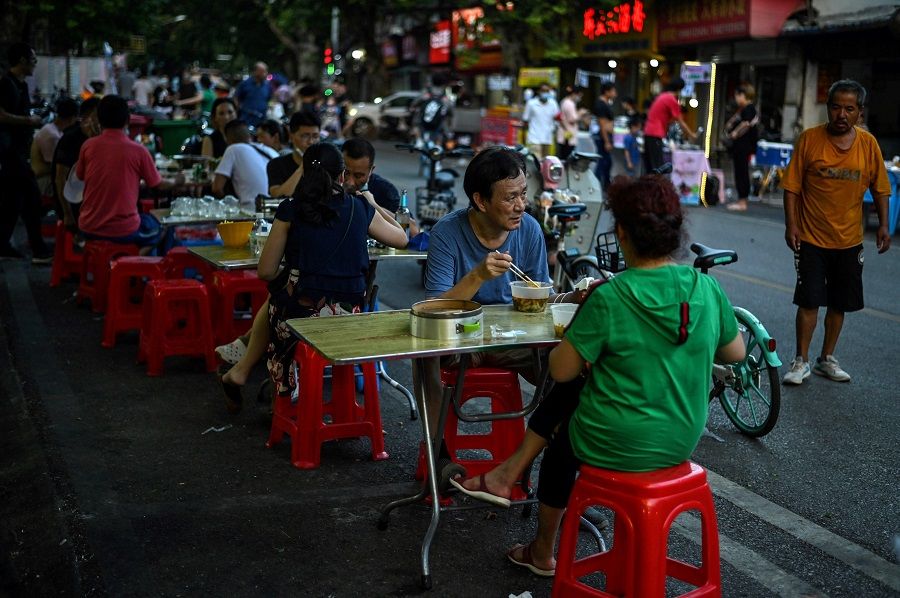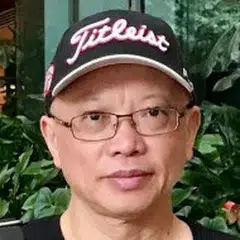America's ideological crusades against China highlight conflict of values

On 13 August, Chinese ambassador to the US Cui Tiankai gave a keynote speech at a Brookings Institution webinar. His mention of "ideological crusades" attracted the most media attention. By ideological crusades, Cui meant the Trump administration's use of ideology to fight the Chinese ruling party.
Ideological crusades are essentially an attack on China's soft power by the US.
Where did the term ideological crusades come from? US President Harry Truman proposed the containment of totalitarianism and communism as the guiding principle of national political ideology and foreign policy during his address to Congress on 12 March 1947. This became known as the Truman Doctrine. US state department official George Frost Kennan disagreed with Truman's portrayal of American post-war foreign policy as an anti-communist crusade. The Trump administration's attack on China targets the Chinese ruling party and communism, and in essence, harks back to the Truman Doctrine. Columbia University Professor Jeffrey D. Sachs said that this is America's "unholy crusade" against China.

Kennan was one of the main proponents of the US policy of containment towards the Soviet Union. Known as the "father of containment", Kennan's containment ideology had far-reaching impacts on US foreign policy. He believed that the Soviet Union was the biggest threat to US national interests after World War II. While he frequently emphasised that Soviet foreign policy was not driven by ideology but was instead rooted in historic insecurities, national interest and ideology continued to be closely linked during the Cold War. Kennan also admitted that the USSR used ideology as a tool for Soviet expansion.
The US fears persuasiveness of China model
Ideological crusades are essentially an attack on China's soft power by the US. Being highly concerned with China's growing soft power, the US has been using ideology, or American values, to counter China's burgeoning international influence for years. Ideological crusades have been launched progressively, reflecting China's expanding global influence, and increasingly highlighting the conflict between the values conveyed through China's soft power and universal values.
In 2007, US visiting scholar at the Carnegie Endowment for International Peace Joshua Kurlantzick published the book Charm Offensive: How China's Soft Power Is Transforming the World. The book claims that China is using various forms of soft power, including official diplomacy, public diplomacy, cultural diplomacy, aid, and investment, to influence countries in Southeast Asia, Africa, and Latin America. In Kurlantzick's view, China's growing international influence has great potential to challenge the US.

Later on, in 2015, US-China affairs expert David Shambaugh published an article titled "China's Soft-Power Push - The Search for Respect" in the Foreign Affairs magazine. He offered a different view. He said, "What China fails to understand is that despite its world-class culture, cuisine and human capital, and despite its extraordinary economic rise over the last several decades, so long as its system denies, rather than enables, free human development, its propaganda efforts will face an uphill battle. Soft power cannot be bought. It must be earned." His words reveal conflicts between China's soft power and Western values.
Trump administration ratcheting up rhetoric
Since Trump became US president, the US government has made known its ideological clashes with China. In 2017, it proposed a return to "principled realism" in its National Security Strategy report. On the one hand, it is realist because the US "acknowledges the central role of power in world affairs". On the other hand, it is principled because "it is grounded in the knowledge that promoting American values is key to spreading peace and prosperity around the globe". The US is guided by its values and puts its interests first. Under this strategy, it sees China as its strategic competitor. In the all-round China-US competition that is being dissected by the US government and elites, ideological conflict is a core area of such competition.
...spreading authoritarianism globally is part of the "Chinese Dream".
In June 2018, Bloomberg carried a series of articles by Hal Brands, a professor from the Johns Hopkins School of Advanced International Studies. Brands opined that China is working towards fulfilling its master plan of supplanting the US as the world's pre-eminent geopolitical power, as clearly detailed in his article titled "China's Master Plan: Exporting an Ideology".
Brands believes that the Chinese think they are competing with the US in the ideological realm. This is not only because they believe that a democratic country like the US is inherently hostile to the Chinese Communist Party, but also because the US is worried that China's aggressive touting of its political and economic development model as success will undermine the US's model of liberal capitalism. After all, spreading authoritarianism globally is part of the "Chinese Dream".

Brands thinks that China has adopted a series of measures to try to sway political discourse in the US. Besides working through the Confucius Institutes, China also monitors its overseas students, selectively invites academics and entrepreneurs it considers friendly to visit the country, and bars those it considers unfriendly from entering, in an attempt to influence American universities.
In November 2018, Stanford University's Hoover Institution and the Asia Society's Center on US-China Relations jointly published a report titled "Chinese Influence and American Interests - Promoting Constructive Vigilance". According to the report, with the support of large amounts of funding, China has infiltrated American academic institutions, politics, and Chinese American associations. These behaviours "exploit the openness of our [the US's] democratic society to challenge, and sometimes even undermine, core American freedoms, norms, and laws". Some of the main goals are to "influence - even silence - voices critical of the PRC or supportive of Taiwan". "As a democratic society, we should tolerate no infringements - overt or covert - on our freedom of speech and freedom of analysis concerning China," the report states.
To the US, China's authoritarian regime is capable of concealing the outbreak in its early stages. To China, its successful containment of the coronavirus proves the superiority of its socialist system.
In February 2019, US director of national intelligence Daniel Coats described US-China relations as a global ideological battle when he released the annual Worldwide Threat Assessment report. US intelligence officials seem to think that the ideological battle is far more intense than a market, technological, and geopolitical competition. Coats said that "Chinese leaders will increasingly seek to assert China's model of authoritarian capitalism as an alternative - and implicitly superior - development path abroad" versus Western liberal democracy, in another version of the 40-year US-Soviet Union Cold War.

Following the outbreak of the Covid-19 coronavirus in 2020, the ideological clash between China and the US is becoming more apparent. To the US, China's authoritarian regime is capable of concealing the outbreak in its early stages. To China, its successful containment of the coronavirus proves the superiority of its socialist system. The US thinks that Western countries will not accept China's way of controlling the pandemic - Taiwan and South Korea's pandemic containment experience has given democratic countries a model to emulate. The Xinjiang and Hong Kong issues have also accentuated ideological clashes between China and the US.
The US's Clean Network programme, defined as the "Trump Administration's comprehensive approach to safeguarding the nation's assets including citizens' privacy and companies' most sensitive information from aggressive intrusions by malign actors, such as the Chinese Communist Party", is in essence, a push back against the propagation of Chinese values.
While Kennan was said to have changed US policy toward the Soviet Union, can the same be said of Pompeo with regards to US policy toward China?
US Secretary of State Mike Pompeo's 23 July speech delivered at the Richard Nixon Presidential Library and Museum in California sounded very much like embarking on ideological crusades. Pompeo likened the US's relationship with China as an opposition between the "free world" and "communist China". During the Cold War era, the Truman Doctrine classified world politics into freedom and totalitarianism. Pompeo's clear-as-day Cold War mentality is not the opinion of a mere handful in the US.
Objectively speaking, the Trump administration's long-term attack on China has led to the convergence of American elites, politicians, and many blue-collar workers in their perceptions of China. It has also shaped the orientation of US strategy towards China, and provided the new US government with a certain thought model. Pompeo is now playing Kennan's role back in the day. While Kennan was said to have changed US policy toward the Soviet Union, can the same be said of Pompeo with regards to US policy toward China? Only time will tell.
